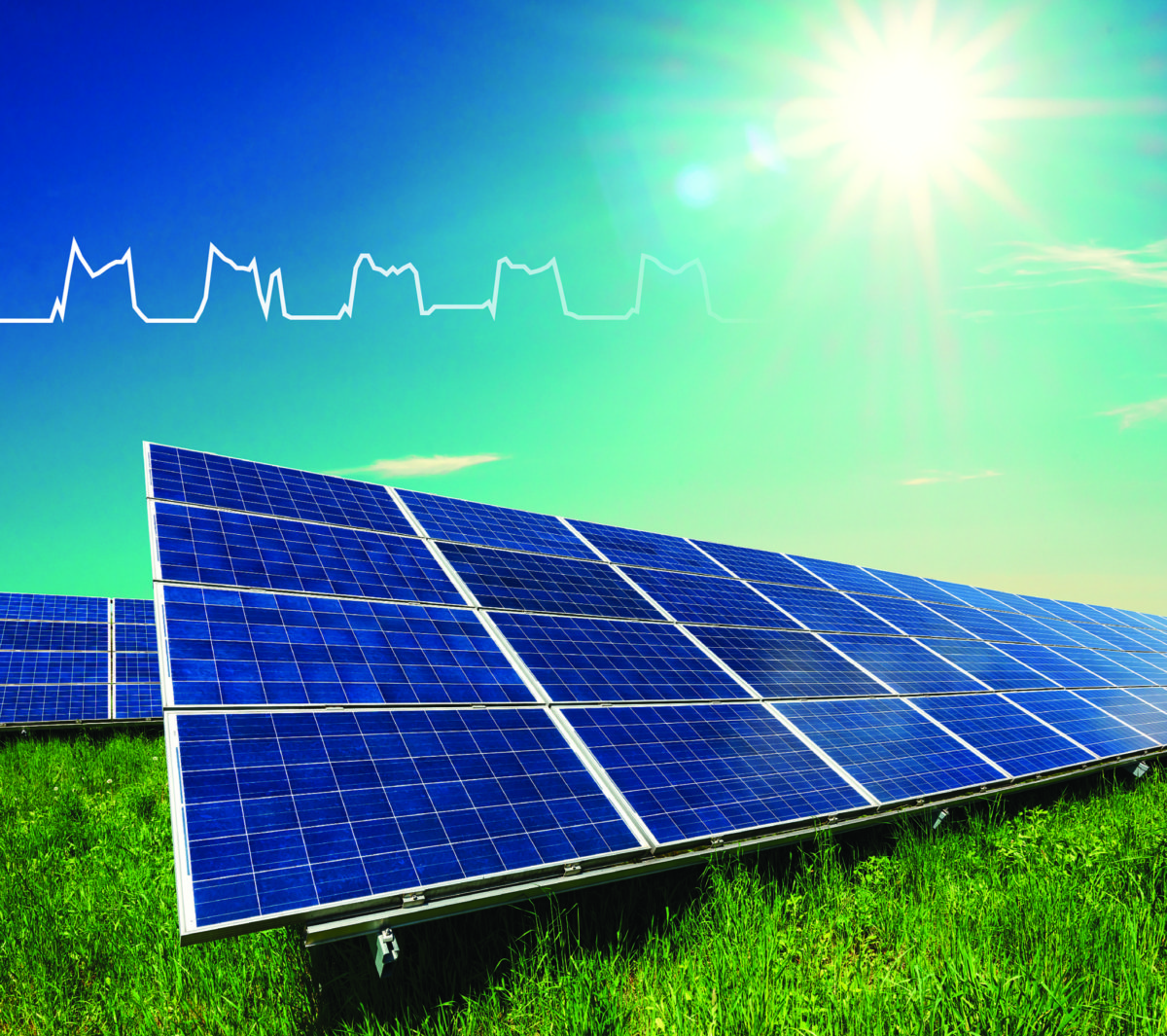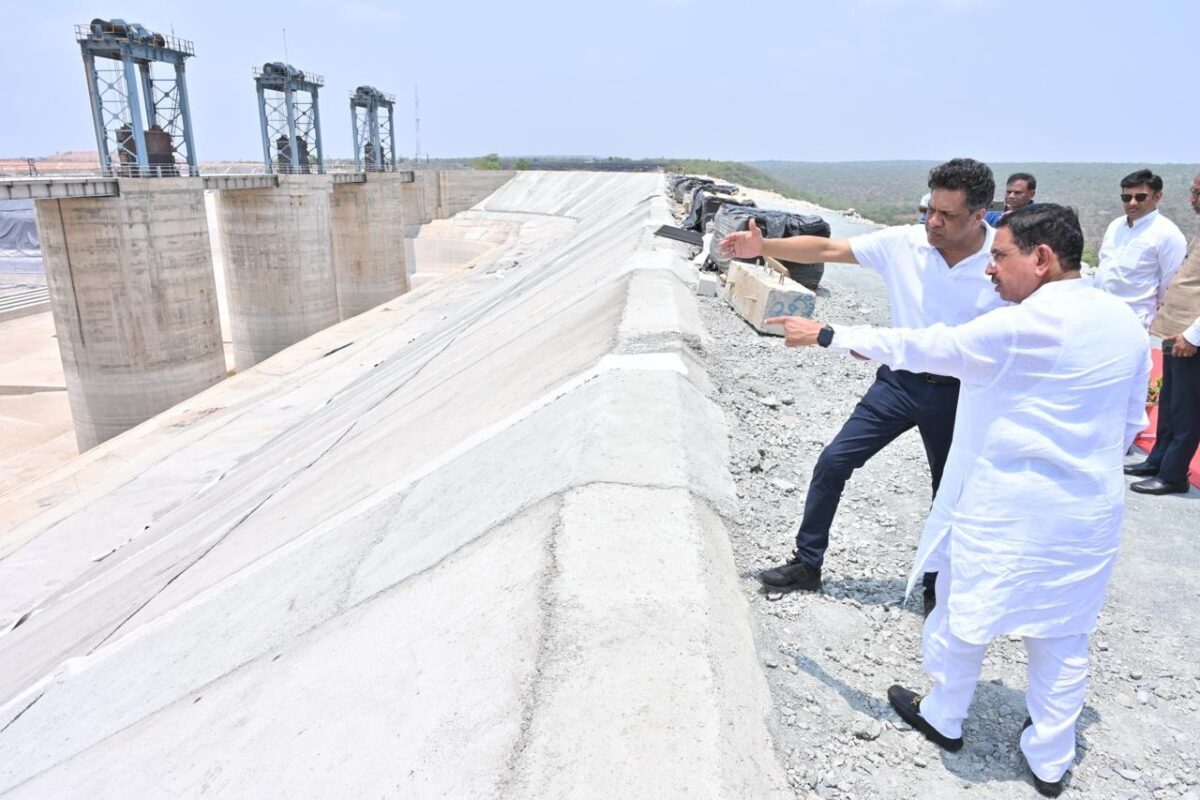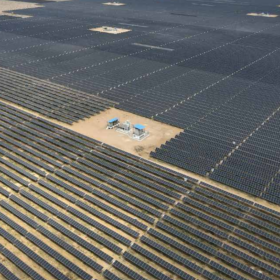The Department of Science and Technology (DST), Government of India, and the Ministry of Science and Technology of State of Israel (MOST) have jointly invited joint research proposals from Indian and Israeli research teams on advanced materials for next-generation solar energy utilization and energy storage, in addition to proposals on quantum devices and quantum technologies for sensing imaging and communication.
The cooperation may take the form of joint research project activities where interdependent sub-projects of a single project are conducted in the Indian and the Israeli laboratories on complementary methodological approaches to a common problem. The cooperation promotes joint use of research facilities, materials, equipment and/or services by cooperating scientists and joint planning of research and evaluation of results.
The Indian researchers should submit completed application form latest by December 5, 2019.
Selection criteria
Proposals will be evaluated on the basis of scientific level, innovation, methodology applied, ability to perform the research and extent of collaboration. After the proposals are evaluated by each of the ministries separately, DST and MOST will jointly decide which projects will be funded and allocate the appropriate amount of funding based on the results of their independent evaluation and ranking.
Funding
Around 10 joint projects will be sponsored under the program. Funding will be provided mainly in support of collaborative activities and for local research necessary for the collaboration.
The maximum funding available for all research projects approved under this Call is Rs40 million for the Indian side and 4,000,000 NIS for the Israeli side, for a period of two years.
Project requirements
Projects will be conducted by collaborating Indian and Israeli scientific research teams. Each research team must be led by a principal investigator from each country.
The principal investigator in India and other investigators should be scientists or faculty members working in regular capacity in University Grants Commission recognized universities, deemed universities, academic institutions and national research and development laboratories or institutes.
For Israel the principal investigator will be a staff member of an academic Institution and should have a Ph.D. or an M.D. degree; or a professor emeritus (one who continues working on research in his previous academic institution).
Each project will include exchange visits of the cooperating scientists—both senior and young ones—in accordance with the needs of the joint research program. Participating researchers are encouraged to spend an extended period of time visiting their counterparts’ institutions.
This content is protected by copyright and may not be reused. If you want to cooperate with us and would like to reuse some of our content, please contact: editors@pv-magazine.com.









5 comments
By submitting this form you agree to pv magazine using your data for the purposes of publishing your comment.
Your personal data will only be disclosed or otherwise transmitted to third parties for the purposes of spam filtering or if this is necessary for technical maintenance of the website. Any other transfer to third parties will not take place unless this is justified on the basis of applicable data protection regulations or if pv magazine is legally obliged to do so.
You may revoke this consent at any time with effect for the future, in which case your personal data will be deleted immediately. Otherwise, your data will be deleted if pv magazine has processed your request or the purpose of data storage is fulfilled.
Further information on data privacy can be found in our Data Protection Policy.